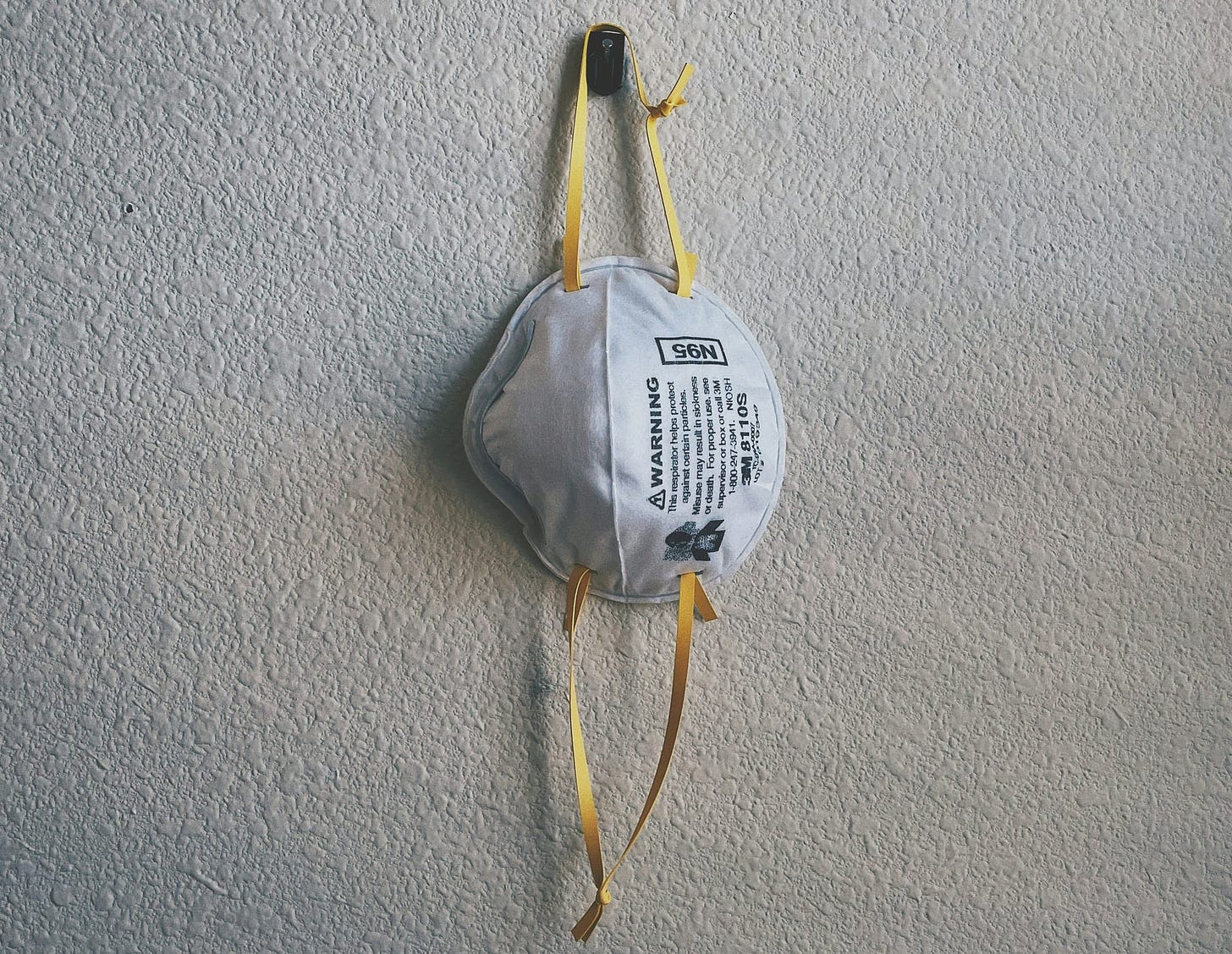
When someone doesn't want to believe something, they do a few predictable things. First, they demand huge amounts of evidence. Then they reject that evidence because "it's not good enough." When they do want to believe something, they do the exact opposite. They don't ask for evidence. They accept assertions at face value. Do you know what that's called?
It's called disconfirmation bias.
Sometimes, it doesn't even matter if you show someone overwhelming evidence. That can backfire. In 1975, a psychologist debunked Jesus for 50 high school girls. They believed the evidence, but it didn't matter. Their faith actually got stronger, not weaker. A few decades later, researchers did something similar with Trump supporters. Even when they agreed that Trump had "the morals of an alley cat," they cared more about what his opponents had done wrong. That's where they focused their attention.
Humans have a funny way of saying they believe in science, when they really …




